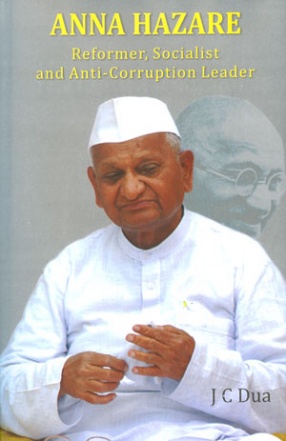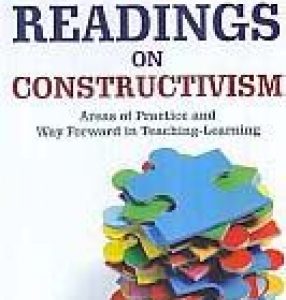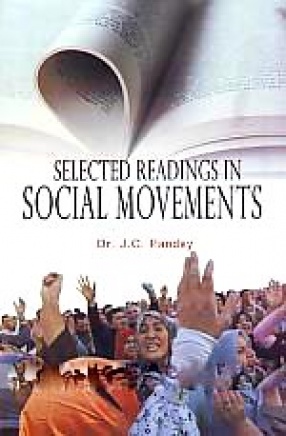This book deals with the power and practice of the United Nations security council in the post-cold war international relations. An attempt has been made in the book to highlight the paralysis that struck the security council in its exercise of its responsibilities due to the cold war situation that existed between the then superpowers, United States and Soviet Union. It traces the resurgence of the security council, particularly due to dramatic transformation in international relations in the post-cold war era. The security council dealt with crisis situations, making use of the powers that are granted to it under chapter vii of the UN charter. Further, it was able to undertake reconstruction and rehabilitation activities in the war-torn countries, thereby emphasizing on the second generation on peacekeeping activities. The study concludes that the United Nations security council retains its usefulness as the main world body to uphold peace and security in the turbulent world of today.
Anna Hazare: Reformer, Socialist and Anti-Corruption Leader
In India, corruption has ...
$36.00
$40.00





There are no reviews yet.